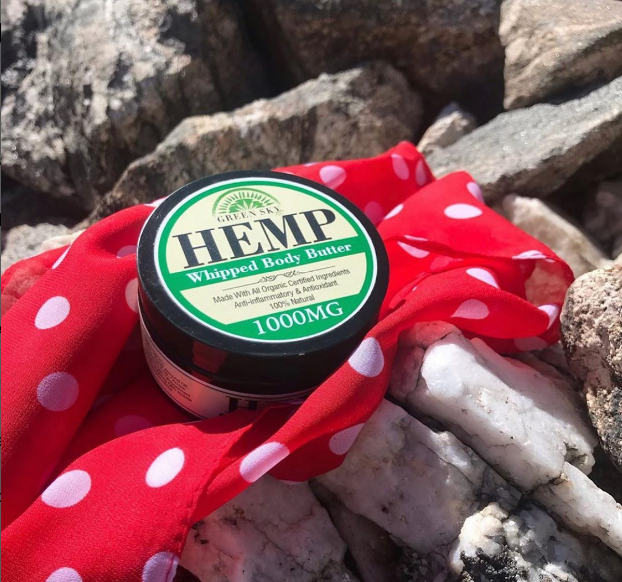Kansas farmers starting to ditch growing hemp due to CBD slump

The dwindling interest in hemp cultivation among Kansas farmers can be attributed to the decreasing demand for CBD oil. Nevertheless, proponents of hemp argue that there are potential opportunities in Kansas for hemp fiber and grain markets.
A significant decline in CBD oil production in Kansas seems to be responsible for a substantial reduction in the number of farmers engaging in hemp cultivation.
When the state initiated its program to oversee the newly legalized hemp crop in 2019, over 200 farmers registered for participation. This year, only 41 have obtained licenses from the state to cultivate it.
Before the decline in demand, the primary use of hemp in Kansas was for the production of CBD oil, a product employed for health purposes and as an additive in food items.
However, experts in industrial hemp assert that there is still an expanding market for various hemp products, such as fiber for textiles and grains for animal feed.
Hemp is closely related to cannabis, but hemp varieties contain extremely low levels of the psychoactive compound THC.
The U.S. government legalized hemp cultivation in 2018, effectively making cannabidiol (CBD) legal in all 50 states. The following year, Kansas initiated regulations for hemp cultivation, prompting a surge in registrations from farmers looking to participate.
Advocates for hemp had high hopes for it as a promising crop due to the popularity of CBD oil, especially in states that had not legalized medical or recreational marijuana usage.
However, the demand for CBD seems to have waned, along with the need for hemp plants for CBD oil production. The Kansas Department of Agriculture reported that 90% of the hemp produced in Kansas between 2019 and 2020 was used for CBD oil production. This year, that figure has plummeted to less than 5%.
Deputy Agriculture Secretary Kelsey Olson mentioned that the initial years of hemp production in Kansas were driven by a robust CBD market. However, since then, more states, including neighboring Missouri, have legalized recreational marijuana use. Currently, only a few states, like Kansas, maintain complete restrictions on marijuana usage.
Nonetheless, the farmers and processors who have remained committed to cultivating hemp argue that there is still value in other hemp markets. The plant’s fiber has versatile applications, ranging from textiles to environmentally friendly alternatives to plastic. With regards to hemp’s future, only time will tell where it is heading.